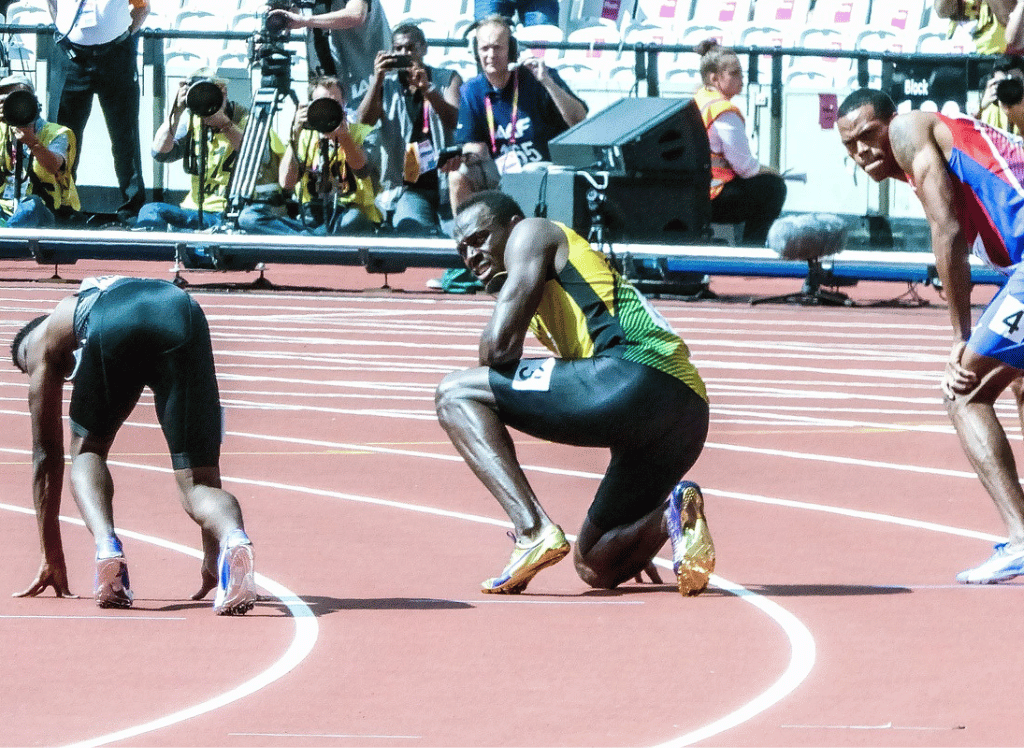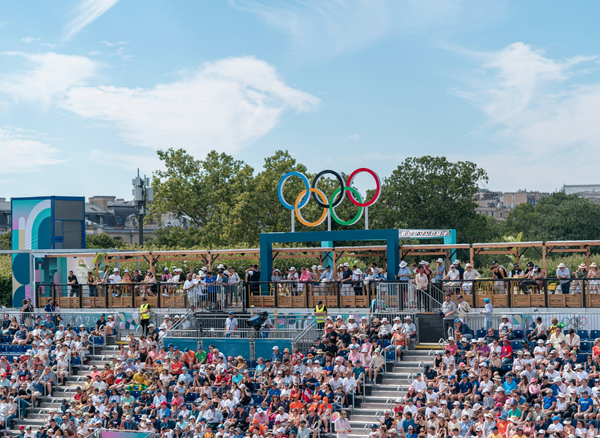Flag football has been gaining traction globally, and it's not just a passing fad. From local leagues to international competitions, the sport's exponential growth is undeniable. The NFL Flag Championships and other major events have showcased the sport's appeal, drawing in both players and fans from all corners of the globe.
Women’s flag football, in particular, has seen a surge in participation. Sanctioned girls flag football leagues are popping up everywhere, providing more pathways for young athletes to get involved. This growing interest at the grassroots level is a testament to the sport's transformative impact on communities worldwide.
When will flag football be in the Olympics?
Flag football will make its Olympic debut at the 2028 Los Angeles Games. The International Federation of American Football (IFAF) and USA Football worked tirelessly to make this dream a reality. Their collective efforts convinced the International Olympic Committee (IOC) to add flag football to the roster of official sports for the 2028 Summer Olympics.
The Role of the NFL and Other Governing Bodies
The NFL has been a significant player in promoting flag football. Through initiatives like the NFL Flag Championships, the league has helped elevate the sport to new heights. NFL players have also been involved, lending their star power to attract more attention and participation.
Other countries are also recognizing flag football's potential. National teams from around the world are competing at the highest level, showcasing the sport's tremendous international growth. The International Federation of American Football is working closely with these national governing bodies to ensure that flag football meets the standards required for Olympic inclusion.
The Mechanics of Flag Football
For those unfamiliar with the sport, flag football is a non-contact version of American football. Instead of tackling, players must remove a flag attached to the ball carrier's waist. The game is typically played five on five, with each team having four downs to advance the ball and score.
This format makes flag football accessible to a broader audience, including men’s and women’s teams. The sport's simplicity and emphasis on speed and strategy make it an exciting and engaging game to watch and play. Coaches and players alike appreciate the skill and athleticism required to excel in flag football.
The Impact on Current and Future Generations
The inclusion of flag football in the Olympics would be a historic occasion, inspiring a new generation of athletes. It would provide more pathways for young players to pursue their dreams and compete on an international stage. The sport's transformative impact on communities cannot be overstated.
USA Football's efforts to promote flag football at the grassroots level have already yielded impressive results. The sport's growing popularity among youth is a clear indicator that flag football has a bright future. Recognizing flag football as an official Olympic sport would only accelerate this trend, encouraging even more participation and interest.
The Road to the 2028 Los Angeles Games
The journey to Olympic inclusion was not without its challenges. The International Olympic Committee has stringent criteria for adding new sports, and the competition is fierce. However, the collective efforts of the IFAF, USA Football, and other stakeholders have made a compelling case for flag football.
The 2028 Los Angeles Games present a unique opportunity for flag football. With the event being held in the United States, the birthplace of American football, the timing couldn't be better. The sport's tremendous international growth and the growing interest from other countries made its inclusion for the next summer Olympics a reality.
The Future of Flag Football
Flag football's exponential growth and the increasing recognition from governing bodies worldwide are promising signs. Whether you're a player, coach, or fan, there's plenty to be excited about.
Flag football's 2028 Olympic debut will be a momentous day for the sport. It will validate the hard work and dedication of everyone involved, from grassroots organizers to national teams. Seeing flag football in the Olympics is now only a few years away.
Flag Football Olympics FAQs
What makes flag football different from traditional American football?
Flag football is a non-contact version of American football. Instead of tackling, players must remove a flag attached to the ball carrier's waist. This makes the game safer and more accessible to a broader audience.
How is the International Federation of American Football involved in promoting flag football?
The International Federation of American Football (IFAF) works closely with national governing bodies and organizations like USA Football to promote flag football globally. Their efforts include organizing international competitions and advocating for the sport's inclusion in the Olympics.
Why is the 2028 Los Angeles Games a significant opportunity for flag football?
The 2028 Los Angeles Games offers a unique opportunity because they will be held in the United States, the birthplace of American football. This timing, combined with the sport's tremendous international growth, may have helped for the upcoming Summer Olympic inclusion for 2028.
Summary
Flag Football will make its Olympic debut in Los Angeles; Thanks to the tireless efforts of organizations like USA Football and the International Federation of American Football, and its tremendous international growth. The sport's simplicity, accessibility, and competitive nature also made it a strong case for inclusion in the 2028 Los Angeles Games.









